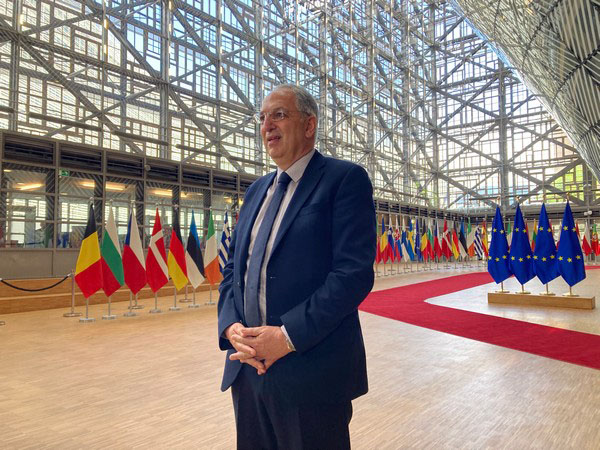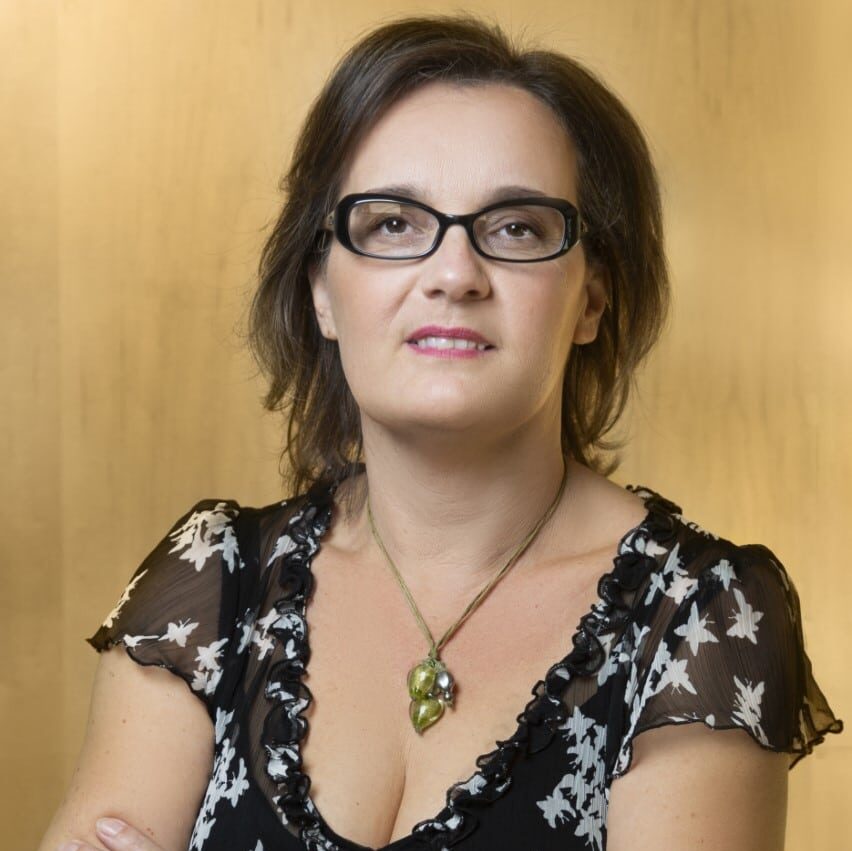Newly elected European fisheries commissioner Costas Kadis said on Wednesday he will work with determination over the next five years with his fellow commissioners for a better Europe.
“Today’s approval is an important milestone in the effort to address the major challenges facing the European Union,” Kadis said.
“In this context, it is with great pleasure and honour that I assume the duties of the European Commissioner for Fisheries and Oceans.”
He was speaking to the Cyprus News Agency after the college of commissioners was approved at a plenary session of the European Parliament in Strasbourg.
He said he would work to support the wellbeing of Europe’s coastal communities and fishermen, as well as for the protection and sustainable management of the oceans at both European and global level.
“As a member of the college of commissioners I will work closely with my colleagues for a better Europe, for the prosperity and progress of European citizens,” he added.
The commissioners were approved following a vote of 370 in favour, 282 against and 36 abstentions by the European Parliament under the second leadership of president of the European Commission Ursula von der Leyen.
Among Cyprus’ MEPs, independent Fidias Panayiotou, Akel’s Giorgos Georgiou and Elam’s Geadis Geadi voted against, while Disy’s Loucas Fourlas and Michalis Hadjipantela and Diko’s Costas Mavrides voted in favour.
Speaking about his vote after the session, Hadjipantela said the commissioners’ hearings were “revealing”, with some candidates “really standing our for their knowledge and commitment”.
“Despite its individual weaknesses, I feel that the commission has the necessary momentum to meet expectations and promote the European Union’s priorities,” he said.
Georgiou was less optimistic, and justified his ‘no’ vote by saying, “the composition of the new commission is not expected to resolve longstanding issues, such as militarisation, wars, unemployment, poverty, the cost of living, corruption, the lack of transparency, xenophobia, the violation of women’s rights, or the undermining of gender equality.”
He added that the hearings had “highlighted several deficiencies, problems, and issues of either inadequacy or political inconsistency among several commissioners-designate”, but that the process of appointments had “become a fiasco, nullifying the role the European Parliament should exercise for the sake of horse-trading behind closed doors between the right and the far right.”
Panayiotou said the whole system of designating commissioners “has many flaws and should be much more democratic”, and also expressed his distaste for the commissioners being “chosen behind closed doors by Ursula von der Leyen and the member states’ ruling parties”.
He also said the fact that MEPs vote on the commission as a collective and not on individual commissioners “makes no sense”.
The new commissioners will take up their roles on December 1.







Click here to change your cookie preferences